What exactly do we mean when we’re talking about assessment in learning and development? The assessment offers significant information on the breadth and depth of student learning at the course level. More goes into assessment than grading. It involves tracking the growth of student learning.
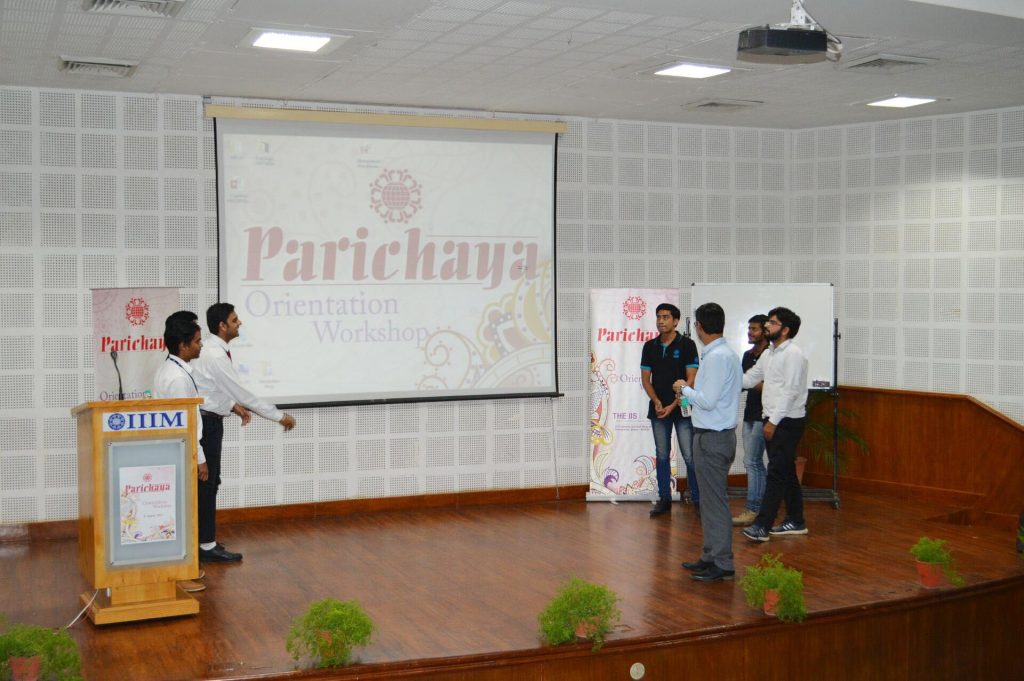
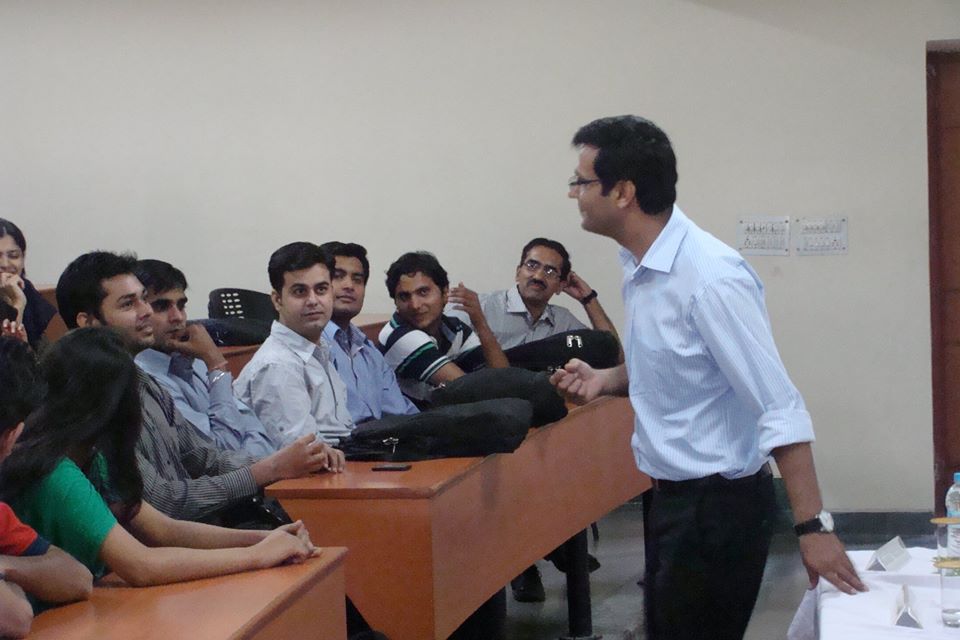
Students need to know not only basic reading and arithmetic skills but also skills that will allow them to face a world that is continually changing. Harris and Hodges(1995) described the assessment as a “data collection process to identify the strengths and weaknesses of student learning”

Assessment is crucial to the learning and motivation processes. The kinds of assessments we administer to our students affect how they approach the learning task and the habits they adopt. According to John Biggs, an expert on higher education, “What and how students learn depends to a great extent on how they think they will be assessed.”
Given the significance of assessment for learning, it is critical to think carefully about the most effective way to measure the learning you want your students to acquire. Assessments should incorporate learning, scoring, and student incentive. Effective evaluation techniques give important insights into student learning. They inform us about what and how well the students learned!
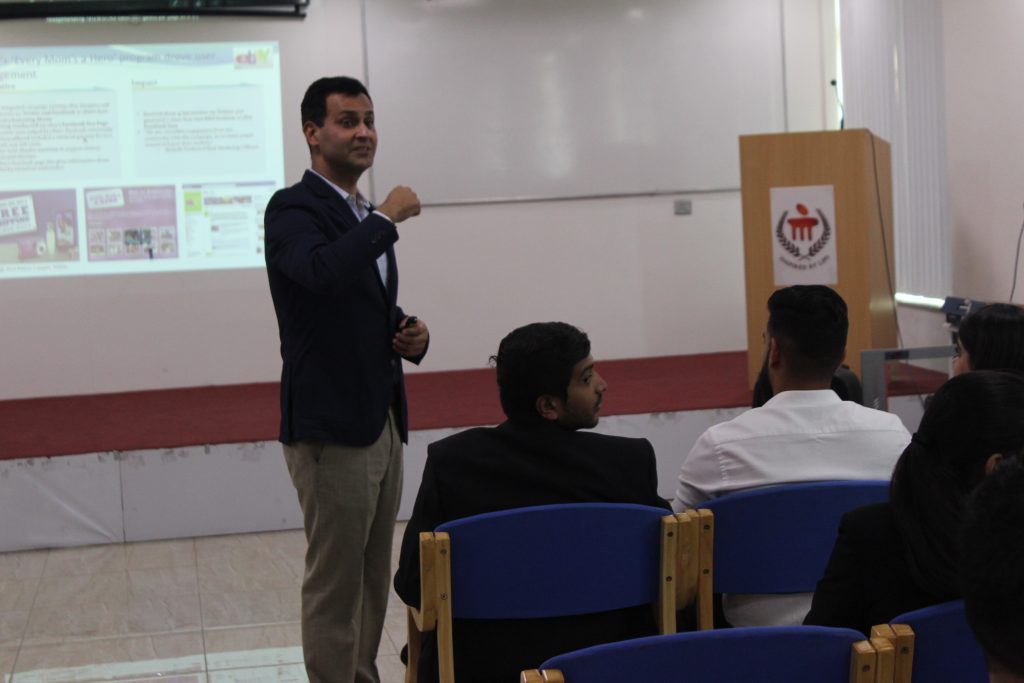
Assessment is a crucial component of instruction since it establishes whether or not educational objectives are met. Assessments influence grades, placement, advancement, instructional needs, curriculum, etc. “Are we teaching what we think we are teaching? “Are students gaining the knowledge that they should be gaining? ” “Is there a method to improve the subject’s teaching in order to encourage better learning?” These challenging questions are sparked by assessments.
Personality Tests
Emotional Intelligence Test
Listening Test
Spoken English Assessment
Communication Questionnaire
Stress Questionnaire


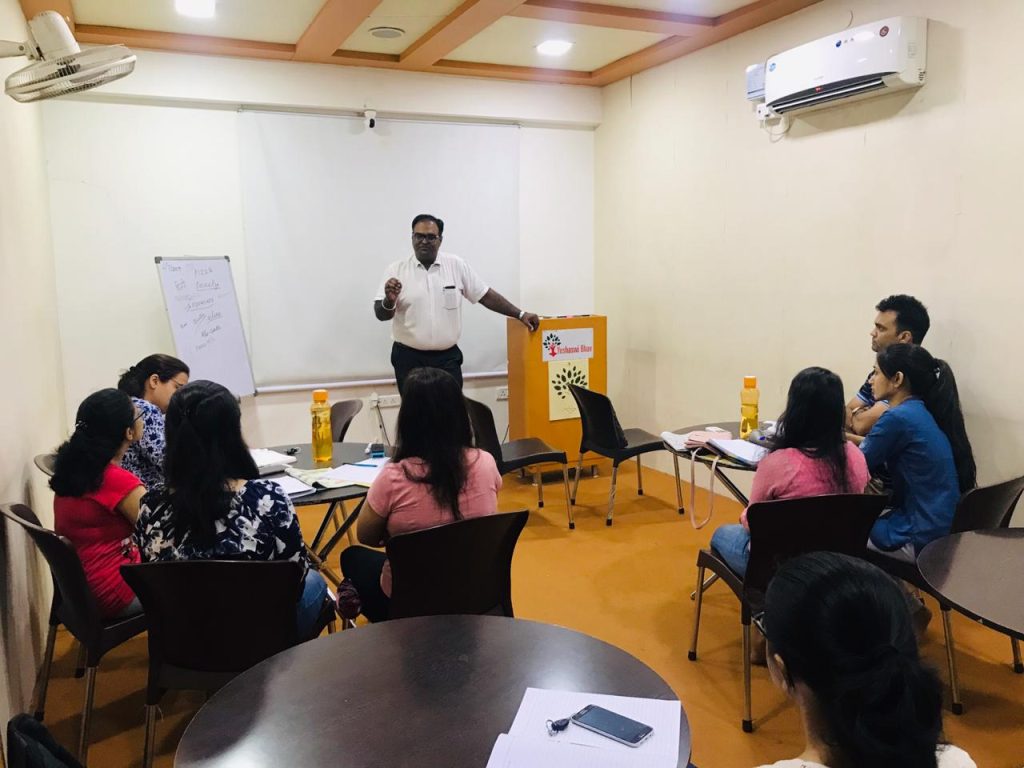
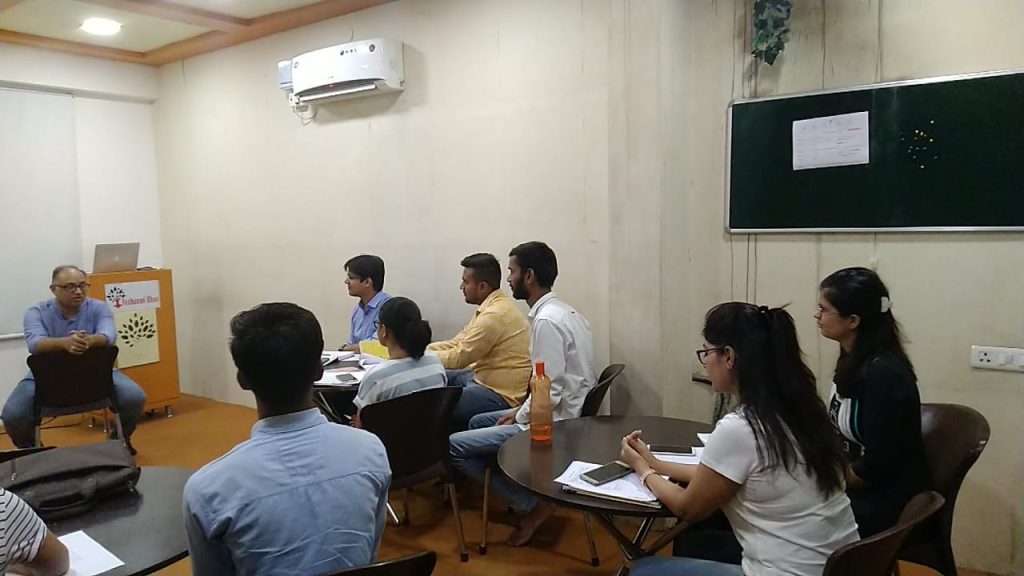






Recent Comments